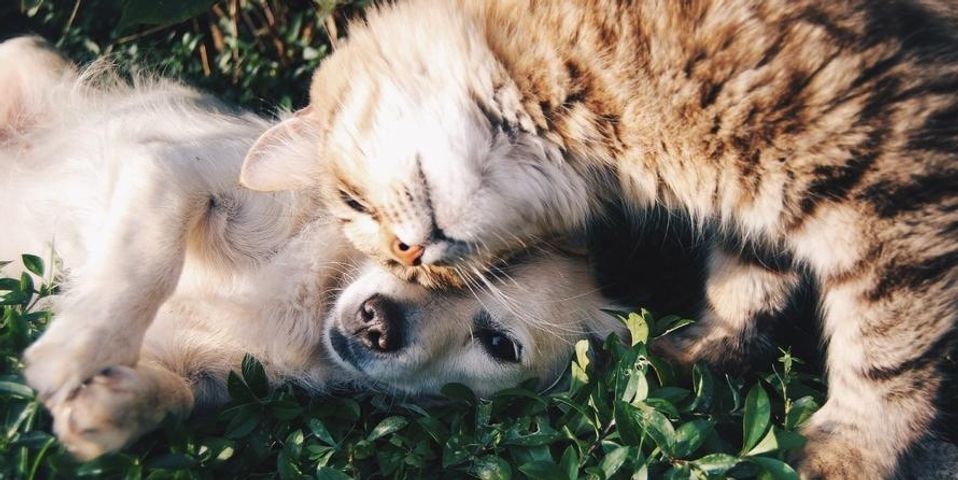
Every animal lover has had the experience of looking into their pet’s wide eyes as they adorably beg for a taste of human food. As tempting as it can be to share your food with your favorite furry friend, it’s important to know what your dog or cat can eat, and what they can’t. According to the veterinarians at Montgomery Animal Hospital in Cincinnati, OH, some foods that are perfectly safe for human consumption can be fatal to animals.
Before you share anything from your dinner plate with your cat or dog, make sure it’s completely safe! This isn’t a comprehensive list of every food that’s toxic to animals, but it does include the most common offenders.
Veterinarians Want You To Know That These 5 Foods Are Fatal To Your Pets
 Alcohol
Alcohol
It might sound obvious, but a surprising number of people don’t realize how harmful alcohol is to dogs and cats. As little as a teaspoon or two can cause irreparable damage to your pet, so make sure you keep your adult beverages far out of their reach.
Garlic & Onions
Dogs and cats cannot tolerate garlic or onions. In animals like dogs and cats, these usually harmless pieces of produce can result in anemia and difficulty breathing. If you want to give your dog or cat a piece of meat, make sure it’s spice-free!
 Grapes and Raisins
Grapes and Raisins
Some dogs can go into complete kidney failure after eating grapes or raisins. They don’t affect all dogs, but there’s currently no way to tell in advance whether your pup will be harmed. Our advice: avoid grapes and raisins completely, and call us for treatment options if your pup steals them from the kids.
Chocolate
Chocolate can be fatal to both dogs and cats. The chocolate itself is bad enough, but caffeine is also bad for animals, and chocolate contains caffeine.
Artificial Sweeteners
According to the veterinarians at Montgomery Animal Hospital, many processed sweets – and now even peanut butter – contain an artificial sweetener called xylitol. Cats and dogs are highly sensitive to xylitol, and ingesting even a tiny amount can result in a nearly immediate blood sugar crash followed by seizures, vomiting, and loss of coordination.
If you ever have any doubts about giving your pet a taste of your food, stop. Before you share with your furry friend, call your local veterinary clinic and ask your veterinarian what they think. When in doubt, it’s best to avoid giving your dog or cat human food, but if you already have and you’re concerned for your pet’s health, call Montgomery Animal Hospital now at (513) 791-7912 or visit them online.
About the Business
Have a question? Ask the experts!
Send your question

